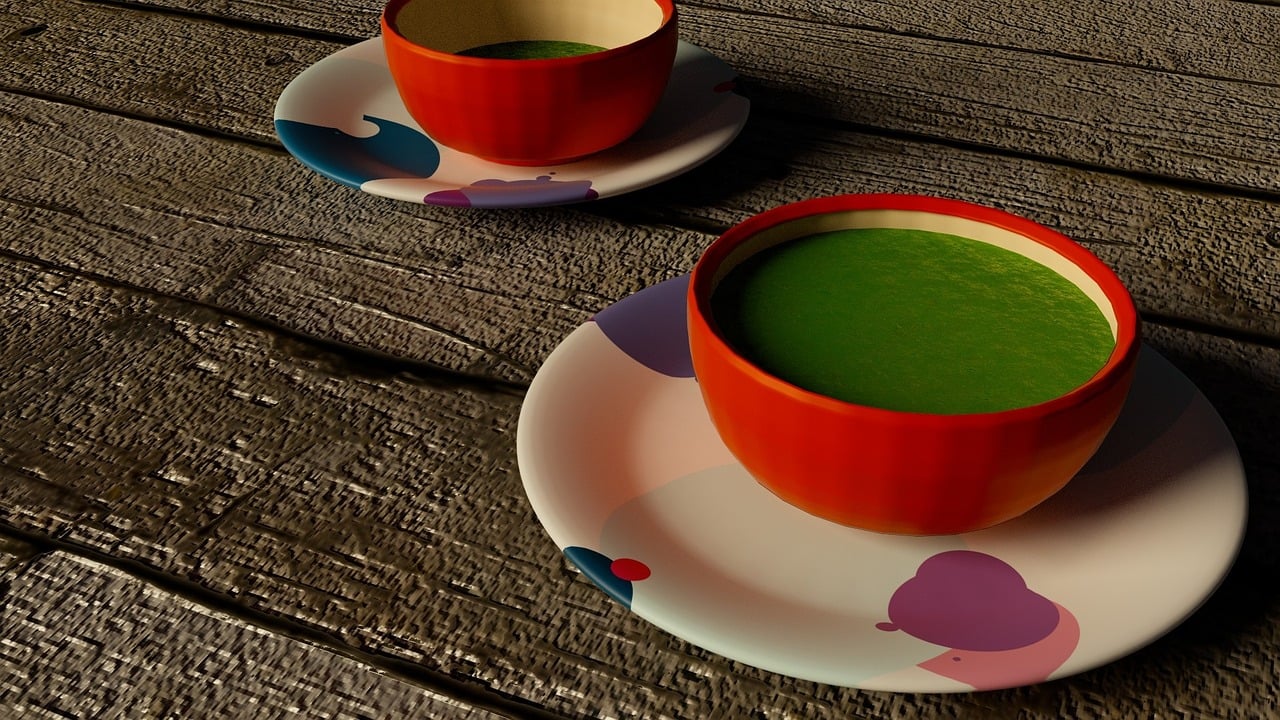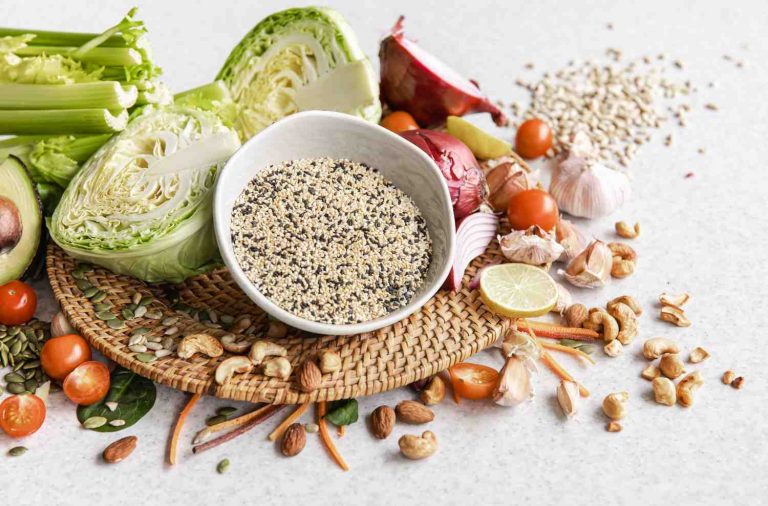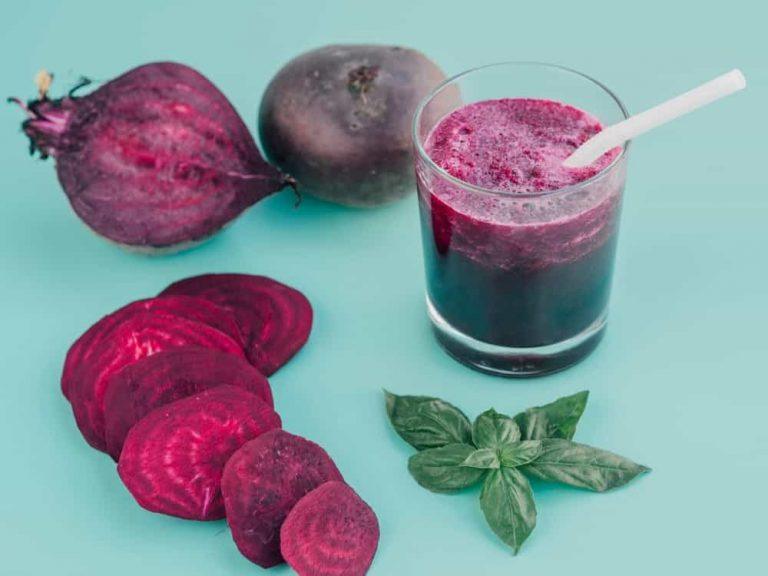Did you know that what you sip can influence your sexual health? That’s right! Green tea, often lauded for its myriad health benefits, might just play a role in enhancing sexual wellness. So, if you’ve ever wondered how a simple cup of tea could impact your intimate life, stick around. Let’s dive into five compelling benefits of green tea that might just make you reconsider your next beverage choice.
Contents
1. Boosting Blood Flow
One of the most talked-about benefits of green tea is its potential to enhance blood circulation. Improved blood flow is crucial for sexual health, especially for men, as it can lead to better erectile function. The secret lies in the antioxidants called catechins found in green tea.
The Science Behind It
Research shows that catechins can help dilate blood vessels, promoting better blood flow. A study published in the Journal of Nutritional Biochemistry in 2010 highlighted how these antioxidants can lead to improved endothelial function, which is essential for healthy blood circulation (Zhang et al., 2010).
Real-World Application
Imagine you’re gearing up for a romantic evening. Sipping on a cup of green tea not only sets a calming mood but might also help ensure that everything is flowing as it should. Just remember, moderation is key—more tea doesn’t always mean more benefits!
2. Stress Reduction and Mood Enhancement
Let’s face it: stress can be a major buzzkill when it comes to intimacy. Fortunately, green tea might come to the rescue here as well. The amino acid L-theanine, found in green tea, is known for its calming effects.
The Calming Effect
A study in Psychological Bulletin (2011) found that L-theanine can significantly reduce stress and anxiety levels (Owen et al., 2011). Lower stress levels can lead to a more relaxed and enjoyable intimate experience.
Practical Takeaway
Next time you feel the weight of the world on your shoulders, brew yourself a cup of green tea. Take a moment to breathe, sip, and let the calming properties work their magic. You might just find yourself in a better mood for some quality time with your partner.
3. Enhanced Stamina and Energy Levels
Feeling sluggish? Green tea can be your new best friend. Unlike some high-caffeine drinks, green tea provides a more stable energy boost without the jitters.
The Energy Factor
Green tea contains a moderate amount of caffeine, which can enhance physical performance. A study in the American Journal of Clinical Nutrition (2008) indicated that the combination of caffeine and catechins can improve exercise performance, which could translate to enhanced stamina in the bedroom (Doherty et al., 2008).
Putting It Into Practice
Consider incorporating green tea into your daily routine before a workout or even before an intimate evening. The right energy levels can make a noticeable difference in your overall performance and enjoyment.
4. Hormonal Balance
Hormones play a significant role in sexual health. Green tea may help maintain hormonal balance, particularly regarding estrogen levels.
Hormonal Insights
Research suggests that the polyphenols in green tea can influence hormone levels positively. For instance, a study published in Endocrinology (2006) found that green tea polyphenols might help regulate estrogen levels, which can be beneficial for both men and women (Kelley et al., 2006).
Real-Life Implications
If you’ve noticed fluctuations in your libido, consider adding green tea to your diet. While it’s not a magic solution, it might help stabilize those hormones, leading to a more satisfying sexual experience.
5. Antioxidant Power
Last but certainly not least, green tea is packed with antioxidants, which can improve overall health and vitality.
The Antioxidant Advantage
Antioxidants combat oxidative stress, which can negatively impact sexual health. A study in The Journal of Urology (2005) found that oxidative stress is linked to erectile dysfunction (Bivalacqua et al., 2005). By protecting your body from oxidative damage, green tea may help maintain healthy sexual function.
How to Enjoy It
Incorporating green tea into your diet is simple. You can enjoy it hot, iced, or even as a part of various recipes. Just be mindful of added sugars or milk, which can counteract some of the health benefits.
FAQs About Green Tea and Sexual Health
1. How much green tea should I drink for these benefits?
Moderation is key. Aim for 2-3 cups a day. This amount can help you reap the benefits without overdoing it on caffeine.
2. Are there any side effects to drinking green tea?
While generally safe, excessive consumption can lead to headaches, digestive issues, or insomnia due to its caffeine content. Always listen to your body!
3. Can green tea replace medications for sexual health issues?
No, green tea should not be seen as a substitute for professional medical treatment. Consult your healthcare provider for concerns about sexual health.
4. Is there a best time to drink green tea for sexual health?
Drinking green tea throughout the day can be beneficial. However, having a cup in the evening might help you relax and prepare for intimacy.
Conclusion
Incorporating green tea into your routine might just be a simple yet effective way to enhance your sexual health. From boosting blood flow to reducing stress, its benefits are backed by research and can lead to a more fulfilling intimate life. But remember, while green tea can be a supportive ally, it shouldn’t replace professional medical advice or treatment.
So, the next time you’re brewing a pot, take a moment to appreciate the potential benefits it brings—not just for your health, but for your love life as well. Cheers to that!
References
-
Bivalacqua, T. J., et al. (2005). “Oxidative Stress and Erectile Dysfunction.” The Journal of Urology, 173(5), 1636-1640. https://doi.org/10.1097/01.ju.0000150490.00834.83
-
Doherty, M., et al. (2008). “Caffeine and exercise performance: a meta-analysis.” American Journal of Clinical Nutrition, 87(3), 627-635. https://doi.org/10.1093/ajcn/87.3.627
-
Kelley, K. W., et al. (2006). “Green tea polyphenols and estrogen.” Endocrinology, 147(4), 1903-1911. https://doi.org/10.1210/en.2005-1074
-
Owen, J. A., et al. (2011). “L-theanine, a natural constituent of green tea, and its effect on mental state.” Psychological Bulletin, 137(3), 328-350. https://doi.org/10.1037/a0024769
-
Zhang, A., et al. (2010). “Green tea catechins and endothelial function.” Journal of Nutritional Biochemistry, 21(1), 1-8. https://doi.org/10.1016/j.jnutbio.2009.01.004
This article is for educational purposes only and is not a substitute for professional medical advice. Always consult a qualified healthcare provider before making changes to your health routine.
Get Your FREE Natural Health Guide!
Subscribe now and receive our exclusive ebook packed with natural health tips, practical wellness advice, and easy lifestyle changes, delivered straight to your inbox.





